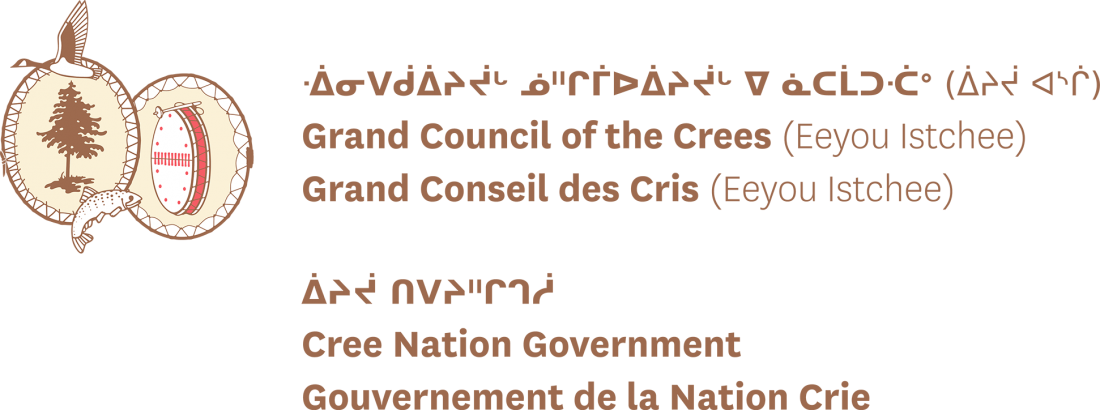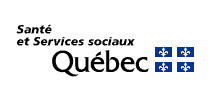Alzheimer’s: 10 warning signs
Alzheimer’s is a disease that affects parts of the brain that control memory, thought and language.
It is the most common type of dementia. This disease progresses over time and causes memory loss. It can also lead to a reduced ability to carry out daily tasks. Affected individuals often find it hard to carry on conversations. They may stop mid-sentence to remember a word or chain of event.
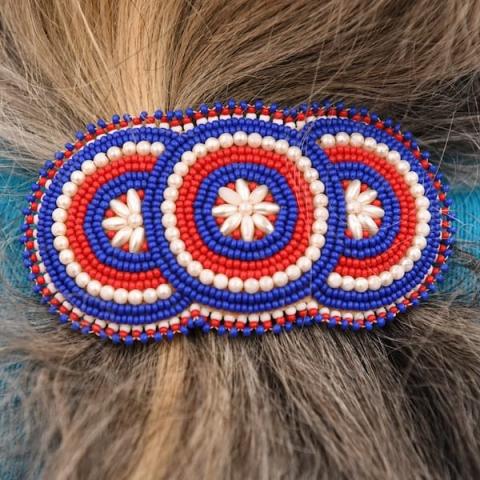
Did you know?
There is some evidence that suggests age-related dementias have only recently become more common in Indigenous populations. As people live longer, they are more likely to experience dementia. Just as Indigenous communities in Canada are different, Indigenous peoples, communities and cultures hold different understandings of dementia, memory loss, forgetfulness and confusion related to aging. These understandings may be very different from those held by doctors, nurses and support workers.
Some common descriptions of dementia are that:
• “It’s normal”
• “It’s natural”
• “It’s part of the circle of life” or “coming full circle”
Dementia may also be described as a “second childhood” and a time when one is “closer to the Creator.” A person’s spiritual beliefs often influence how dementia is viewed.
10 warning signs of Alzheimer’s
1 - Memory loss affecting day-to-day abilities
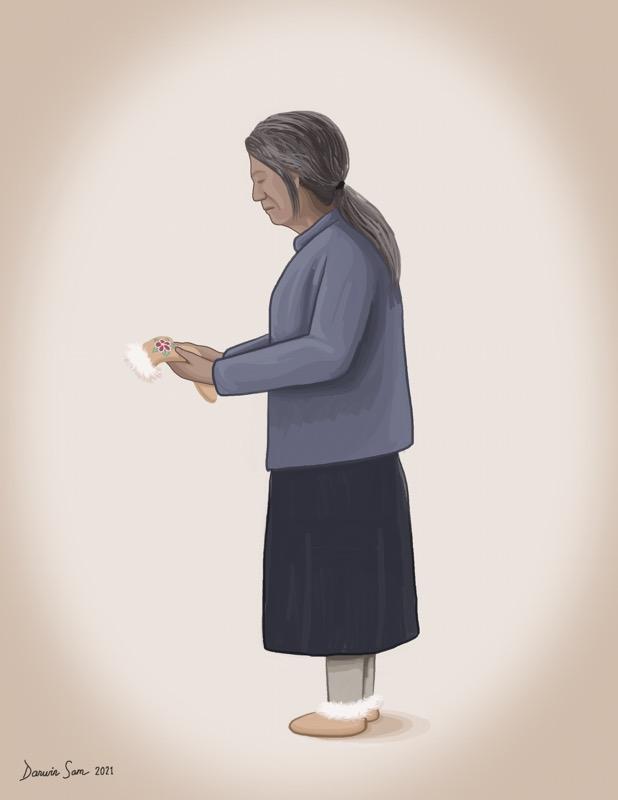
2 - Difficulty performing familiar tasks
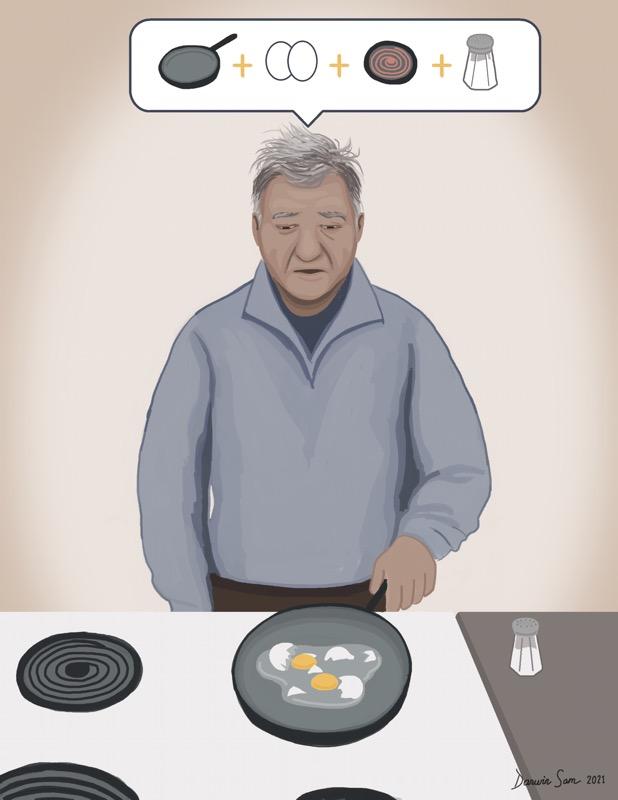
3 - Problems with language
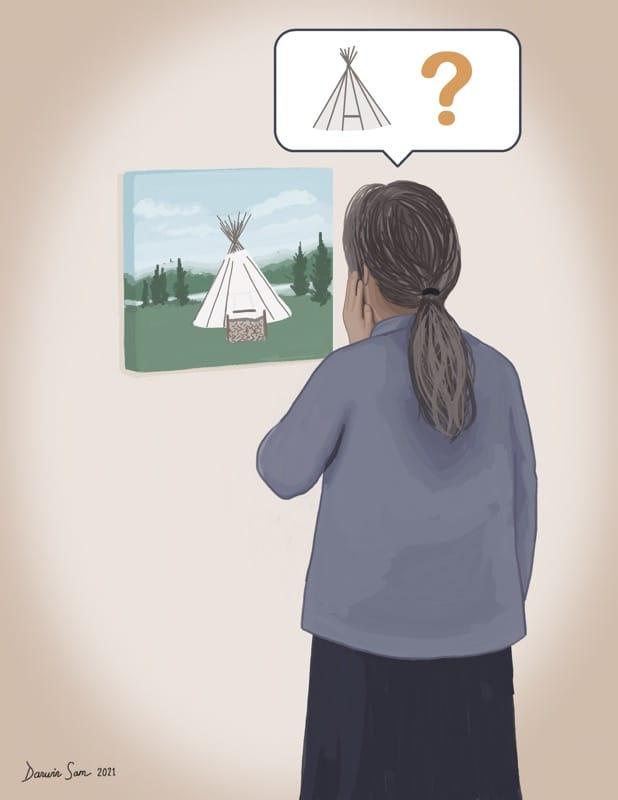
4 - Disorientation in time and space
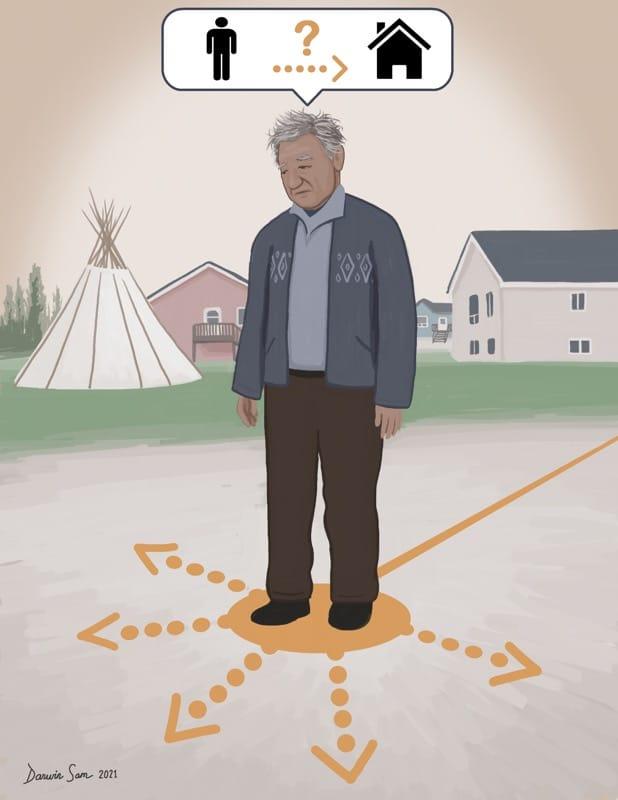
5 - Impaired judgement
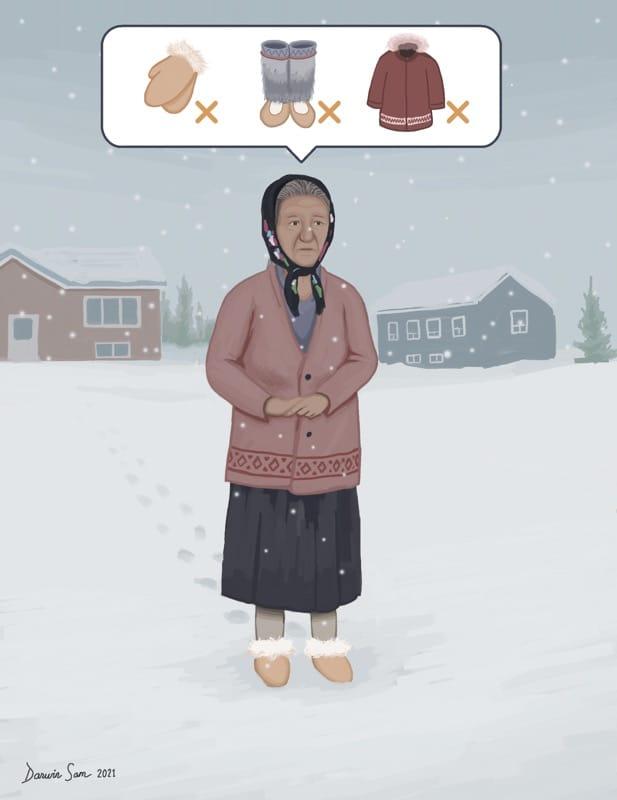
6 - Problems with abstract thinking (reasoning)
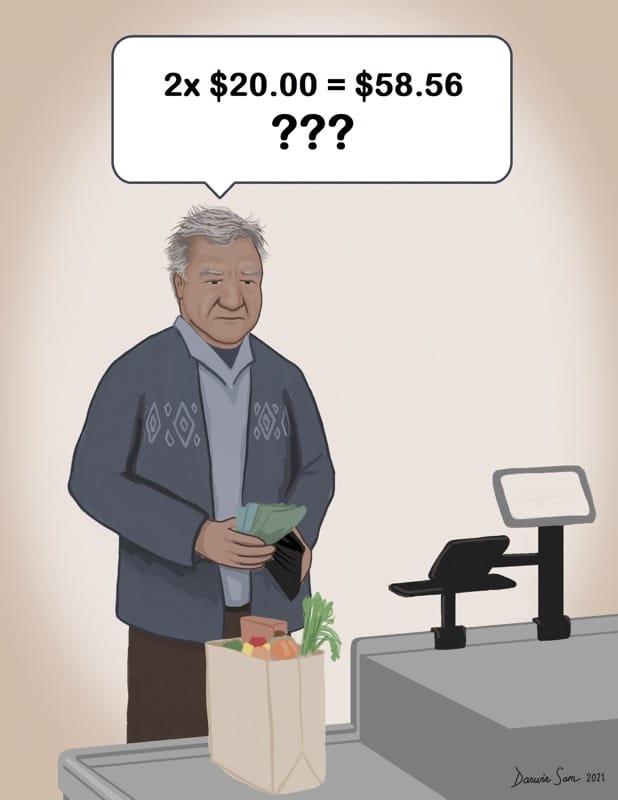
7 - Misplacing things
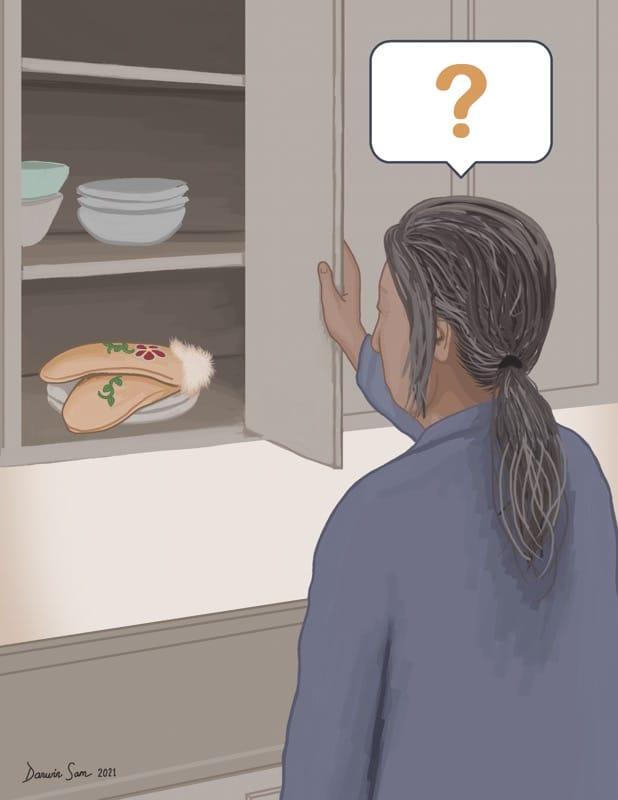
8 - Changes in mood and behaviour
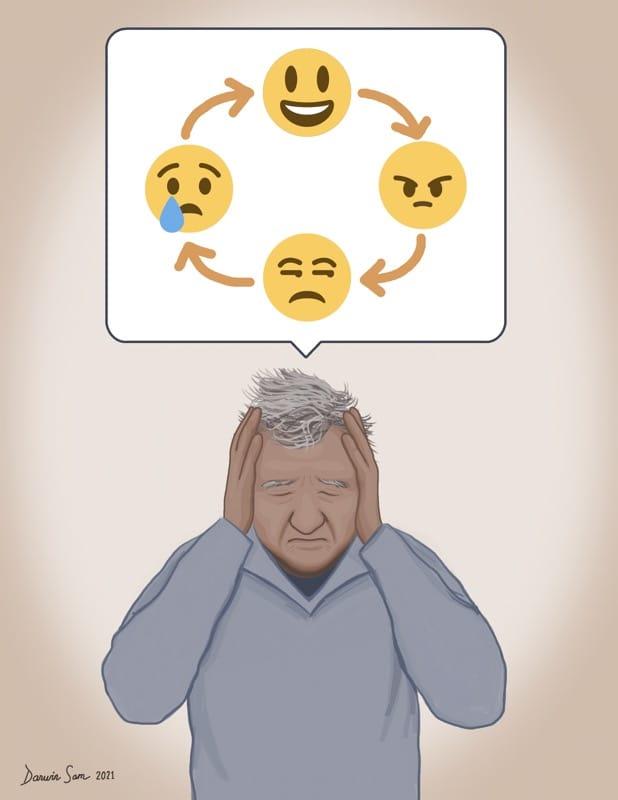
9 - Changes in personality
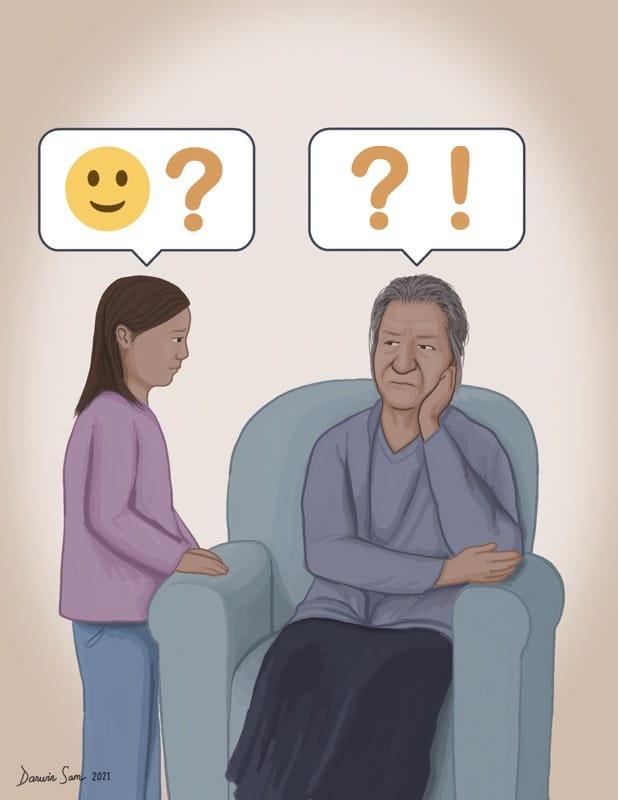
10 - Loss of initiative
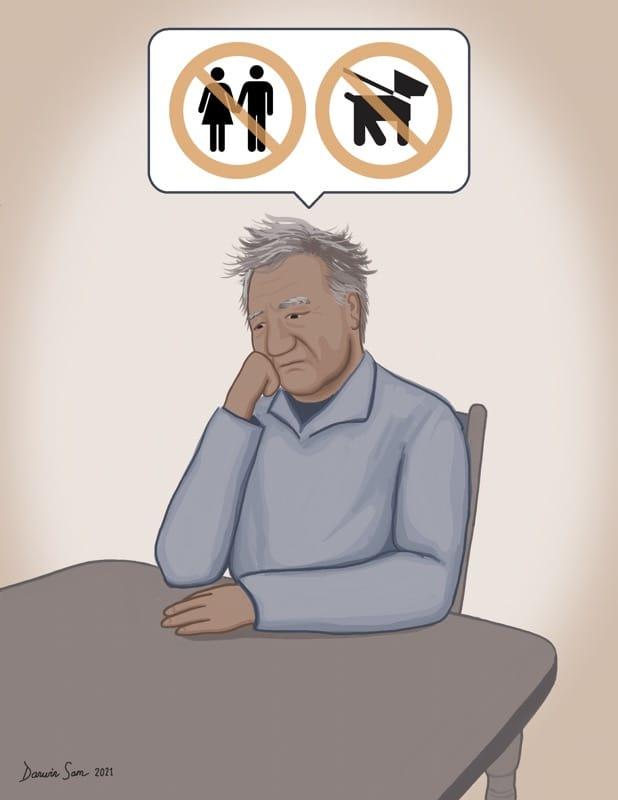
How can I get help?
- Connect with a doctor or a nurse you trust.
- Set up regular appointments with your health care providers to check in on the dementia and any new care needs that arise – for example, you may need more home care or medical equipment in your home
- Formal medical care is not the only way to deal with dementia. Other techniques Indigenous people use include prayer, ceremony, church, meditation, yoga, visiting with youth, art-therapy, story-telling, speaking the language and humour
Support
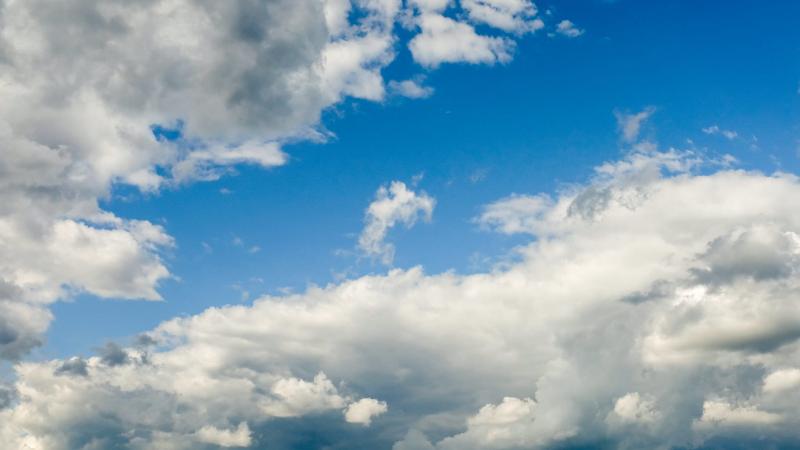
Maanuuhiikuu provides community members with free and confidential clinical and traditional options to choose from, on their paths to wellness.
